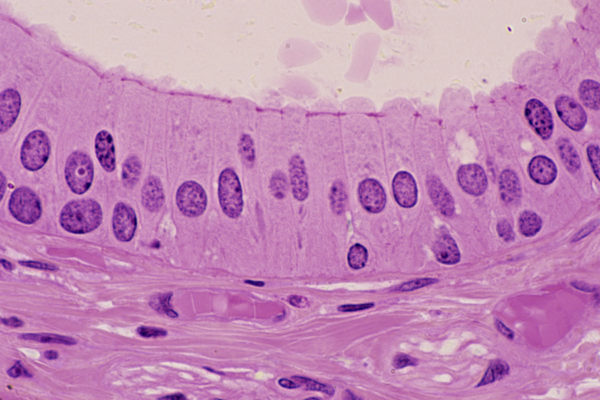
For certain cancer patients, probe feeding is the only way they can ingest nutrients. People who have been treated for head and neck tumours, or people with esophagus cancer, as well as people who suffer from diminished appetite are all dependen on probe feeding, but for Belgian patients who undergo home treatment this means that they have to pay for it themselves. The cost can amount to 900 euros a month. Flemish cancer fundraising organisation Kom op tegen Kanker thinks this is umacceptable. “Don’t let cancer patients bear this financial burden on top of their illness.”
Patients who undergo their treatment inside a hospital do not have to pay a thing: all food is included and fully covered by insurance. But when a patient is treated at home and becomes dependent on a feeding tube things change dramatically.
The RIZIV (Rijksinstituut voor Ziekte en Invaliditeitsverzekering, National Institute for Health and Invalidity Insurance) only foots part of the bill, leaving the patient with between 240 and 900 euro out of pocket per month. Kom op tegen Kanker thinks this is unacceptable.
“Cancer patients who are dependent on probe feeding pay up to four times as much for food as the average Flemish person. It’s out of the question that patients have to bear the financial brunt of being ill. We insist that RIZIV refunds everything above the normal expenditure for food and drink”, spokesperson Ward Rommel says. In 2018 that expenditure was 188,50 euro per person per month.
Kom op tegen Kanker also aims to lower the price that cancer patients have to pay for their probe feeding by enabling them to choose their own type of nutrition instead of only offering the type the hospital prescribes. Nutritional advice from an oncological dietician is indispensable in that case.